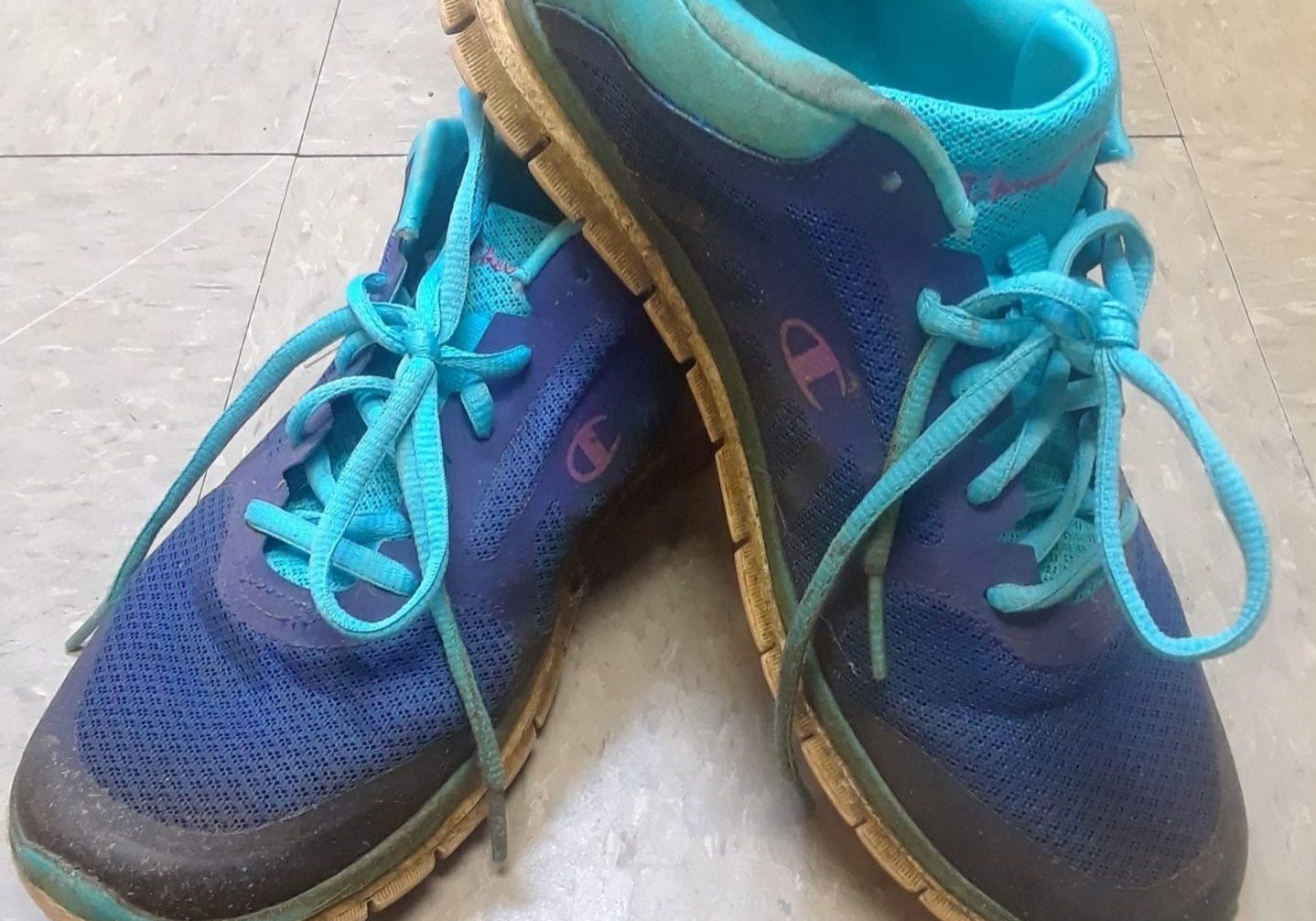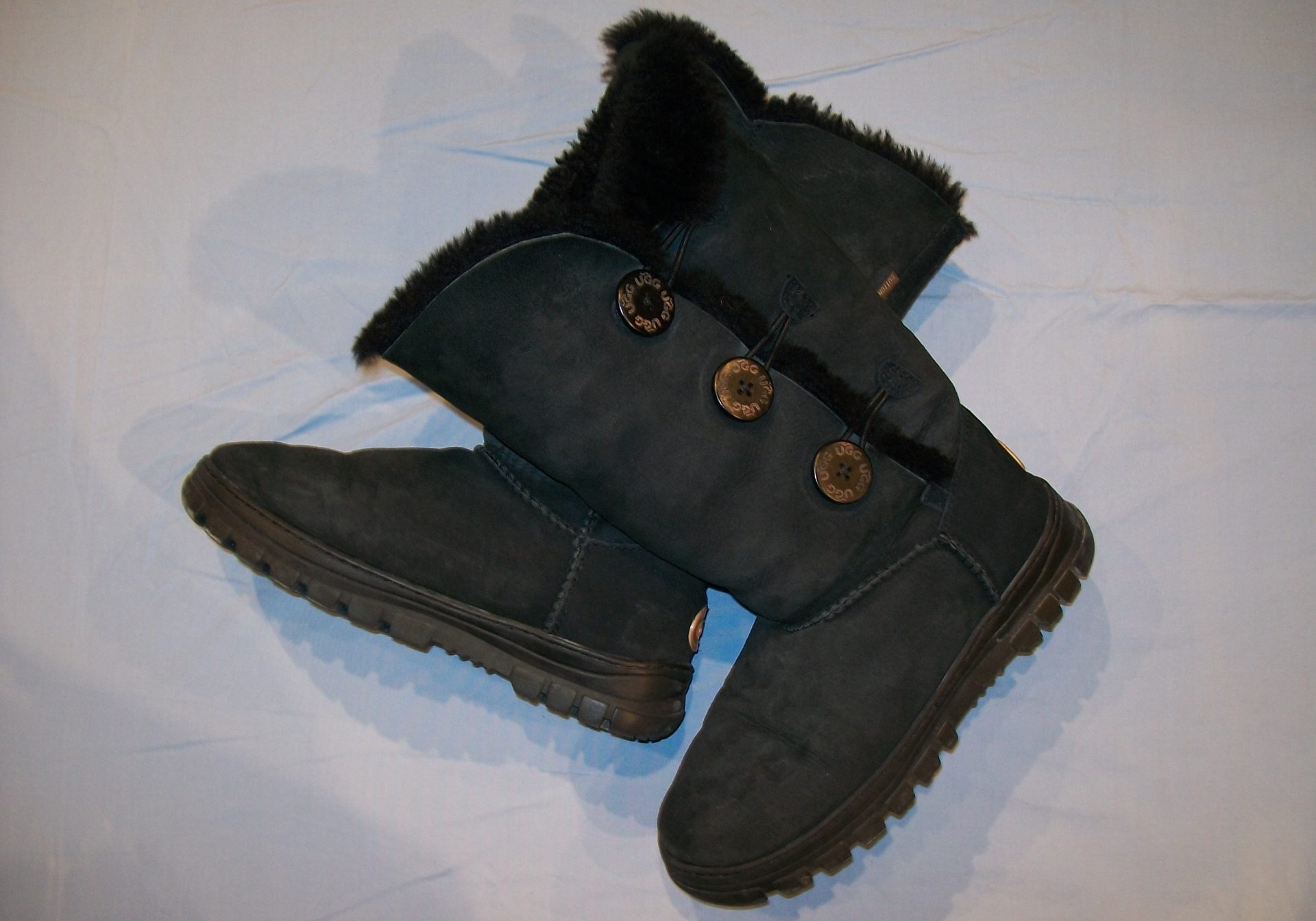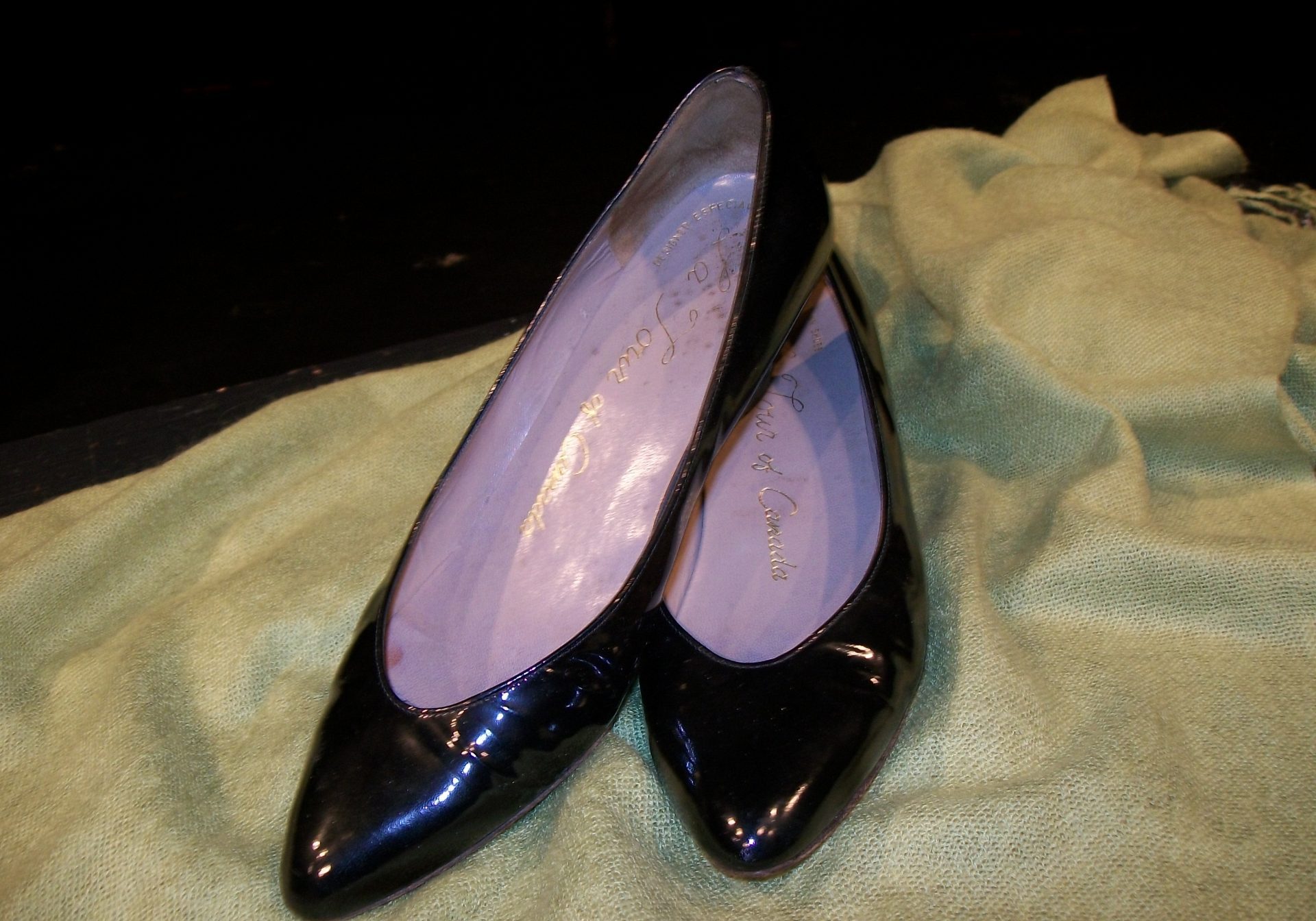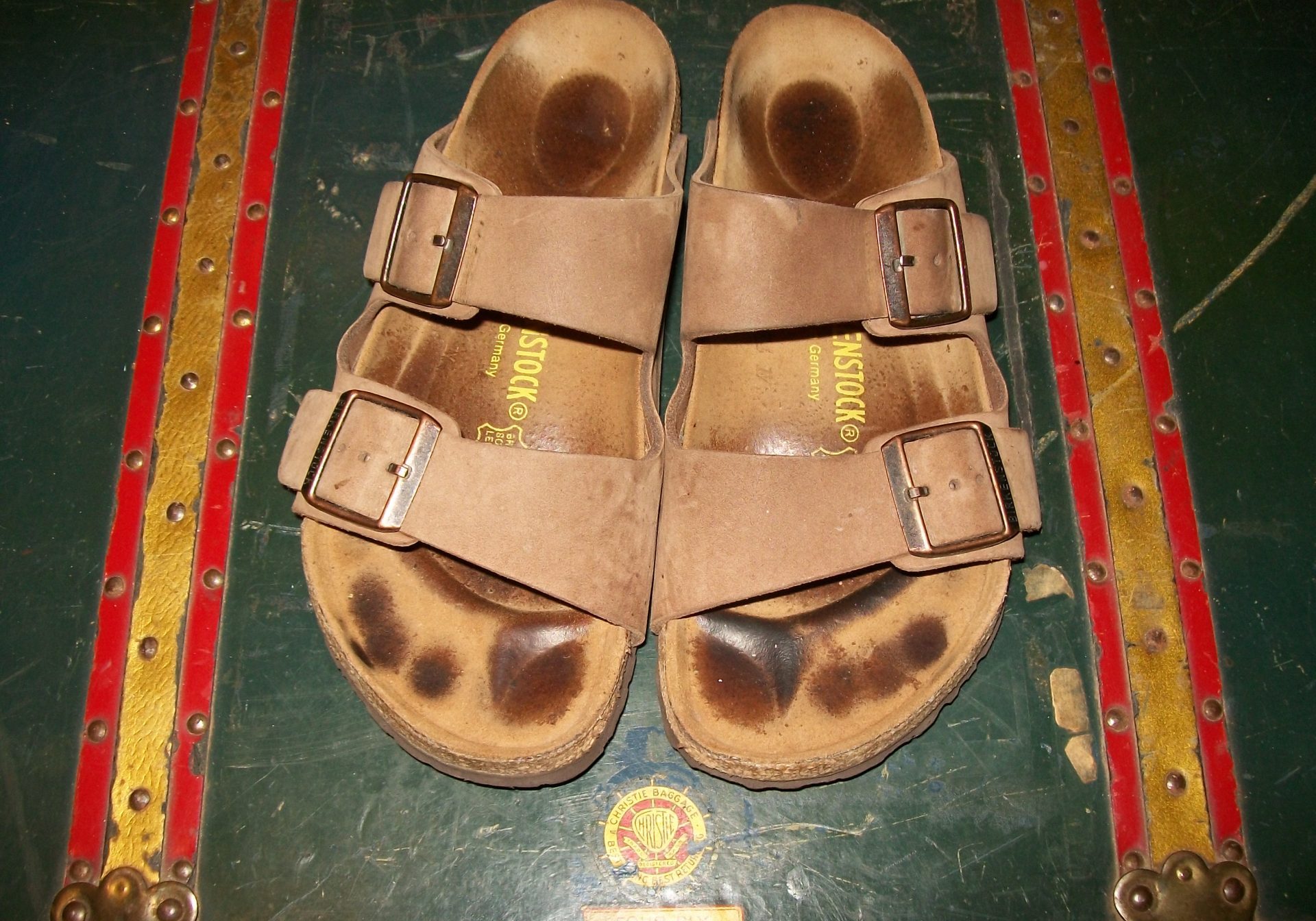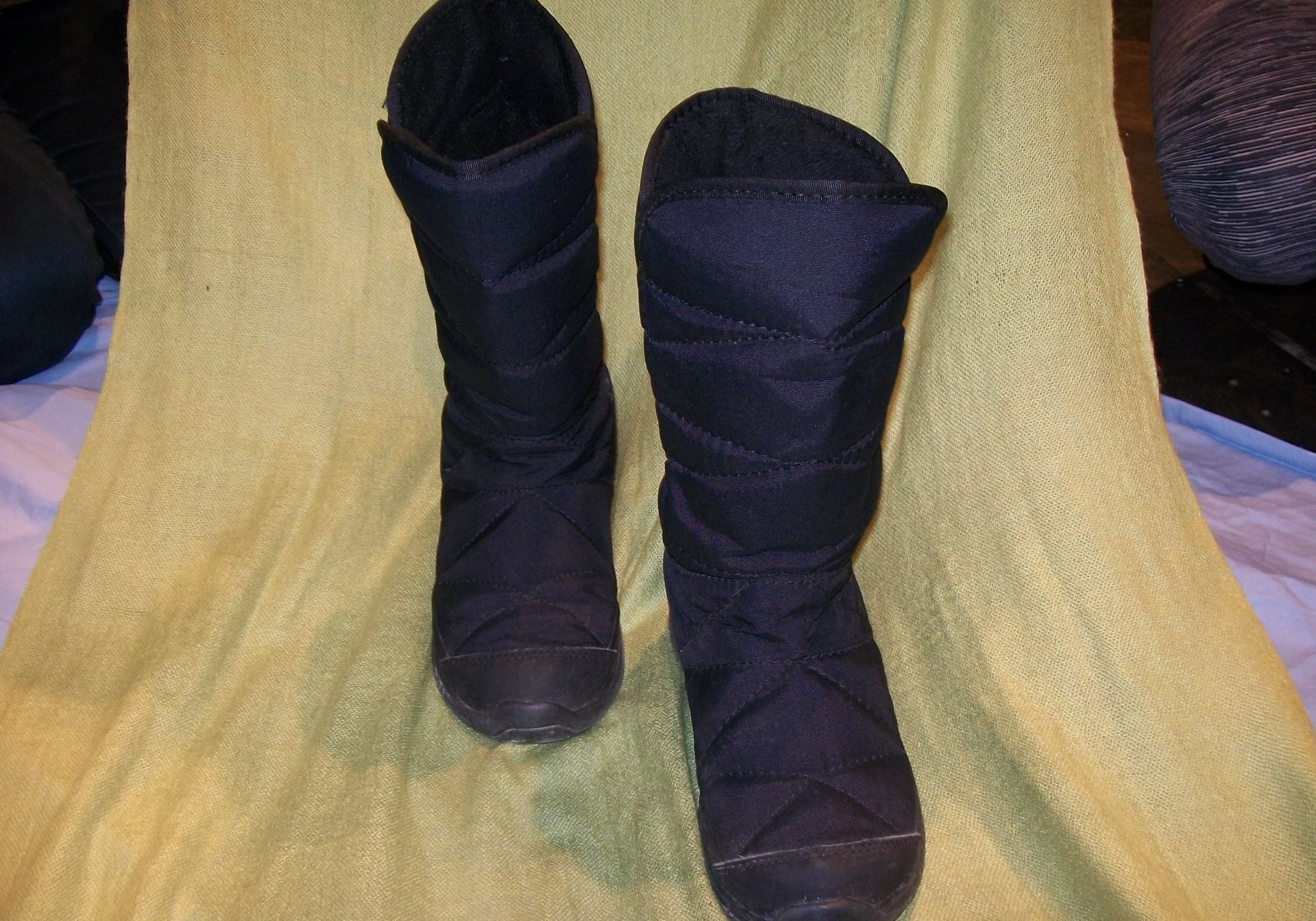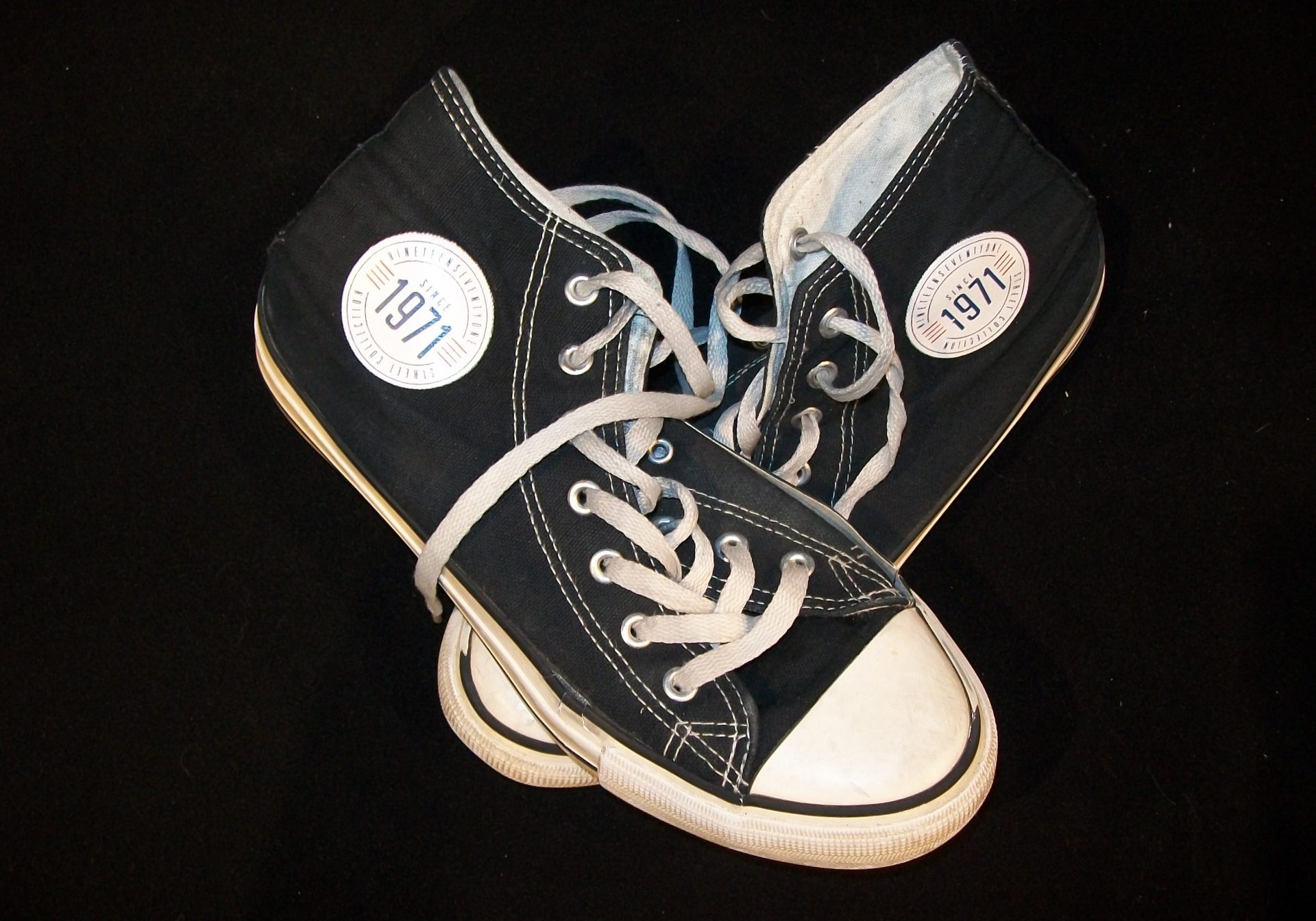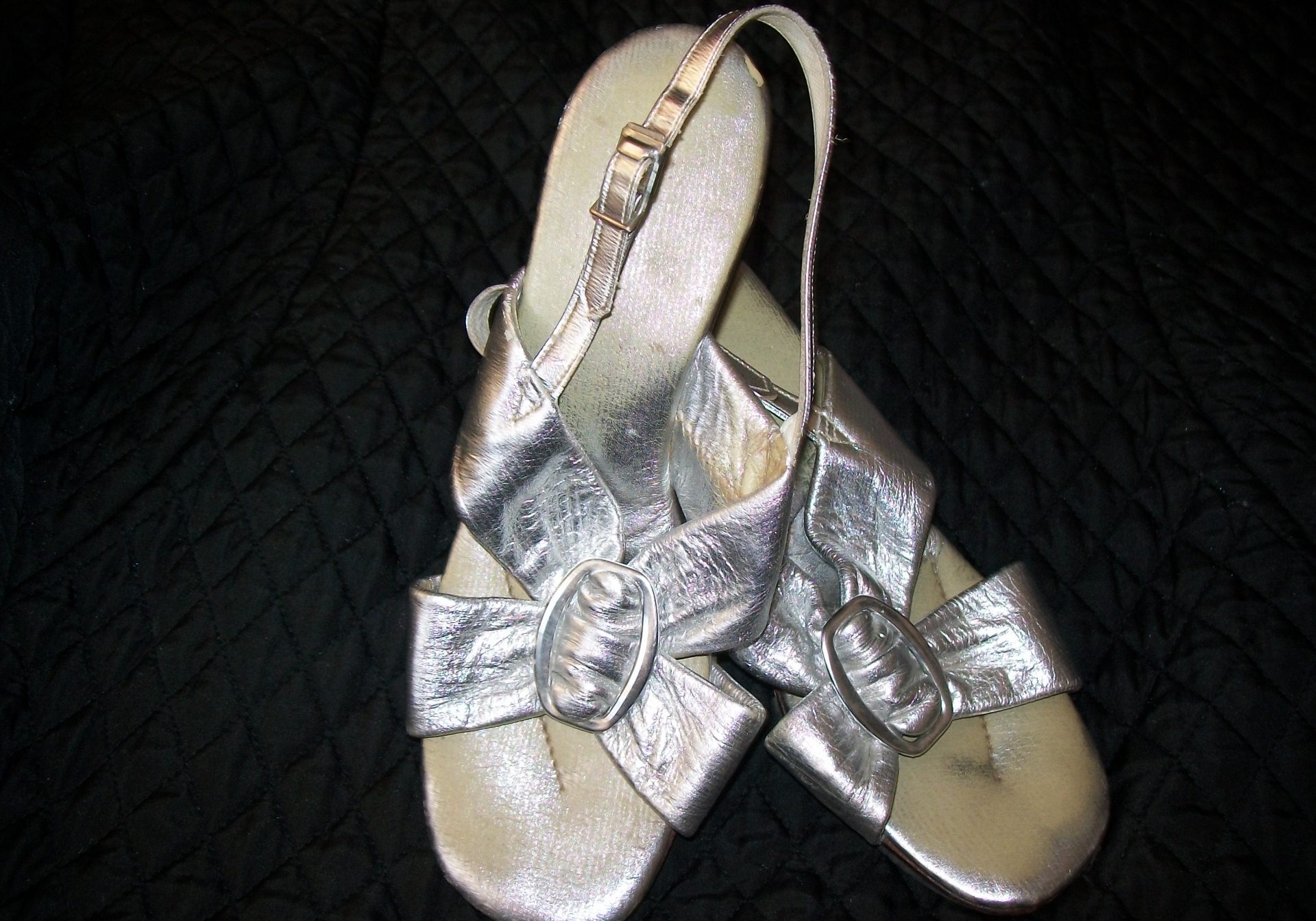The Tradition of Wooden Shoes
Willie Duykers
Summary:
Shivering on mattresses inside a moving van, nine-year-old Willie was on her way to Nova Scotia, coming with her family from the Netherlands. She completed only a few years of education before being taken out of school to help her mother with their large family.
Story:
In April 1952, my family left Holland on our journey to a new land, Canada, where my father told me you could eat all the cake and cookies you wanted. That was my nine-year-old vision of this new country, one that was quite different from wartime Europe. Until that time, I wore my wooden shoes every day, except for Sunday, when we would wear a leather pair for church. My wooden shoes were painted white with a leather strap. When the Feast of St. Nicolas came on the fifth of December, we would fill our wooden shoes with hay and a few carrots for St. Nicholas’s white horse.
When we arrived in Canada, we lived in Ontario from April until November, after which my father was out of work. Our relatives in Nova Scotia invited us to come and stay with them. So we packed up all our belongings in the back of a moving van, putting in the mattresses last, piled on top of each other. We settled on those covered in wool blankets. It was dark and cold, as the door had to be kept open a little for air. We spent days and nights in the van, as we had no money for hotels.
A few years after we settled in Nova Scotia, my parents asked me what I wanted to be once I grew up. I told them that I wanted to be a writer, something I had dreamt of doing. That was the wrong thing to say, and since I was the eldest daughter, I was taken out of school to stay home and help my mother. So, I had three years of school in Holland and three in Canada.
I knew my mother needed me, so I accepted my new role. However, a year or so later, my father asked me to help my brothers and sisters. He explained that my mother was not easy on the family. I did what I was told, but it affected me deeply. My mother started to resent me since my family came to me first for advice. It took many years before I learned to let go of that responsibility, and only then did I truly understand how awful those first years in Canada were for my mother.
Yet, I went on to get married and raise a wonderful family. When one of my sons was getting married in 1997, he asked his brother to be his best man. And to my surprise, he asked me if I could get him a pair of wooden shoes. I thought of my children as true Canadians. It was my home as well. After I made a few trips back to Holland, I realized my love for the country where I was born.
For the first time, I saw how we had instilled more of the Dutch tradition in our children than I realized. We often played Dutch music, and every Christmas, our children received their own chocolate letter, the first initial of their names. I also cooked the food I grew up with, including Dutch Christmas cookies and cakes and Oliebollen, a traditional New Year’s food. Over the years, they met aunts and uncles who came to visit from Holland.
So, I found a pair of wooden shoes, and in his speech to the bride and groom, the best man – our son – welcomed the bride to our family with these Dutch shoes. That was a very special moment.
WILLIE DUYKERS was born in Holland and came to Canada after World War II. She raised her family in northeastern Nova Scotia, where she worked in the family greenhouse business for forty-five years.
